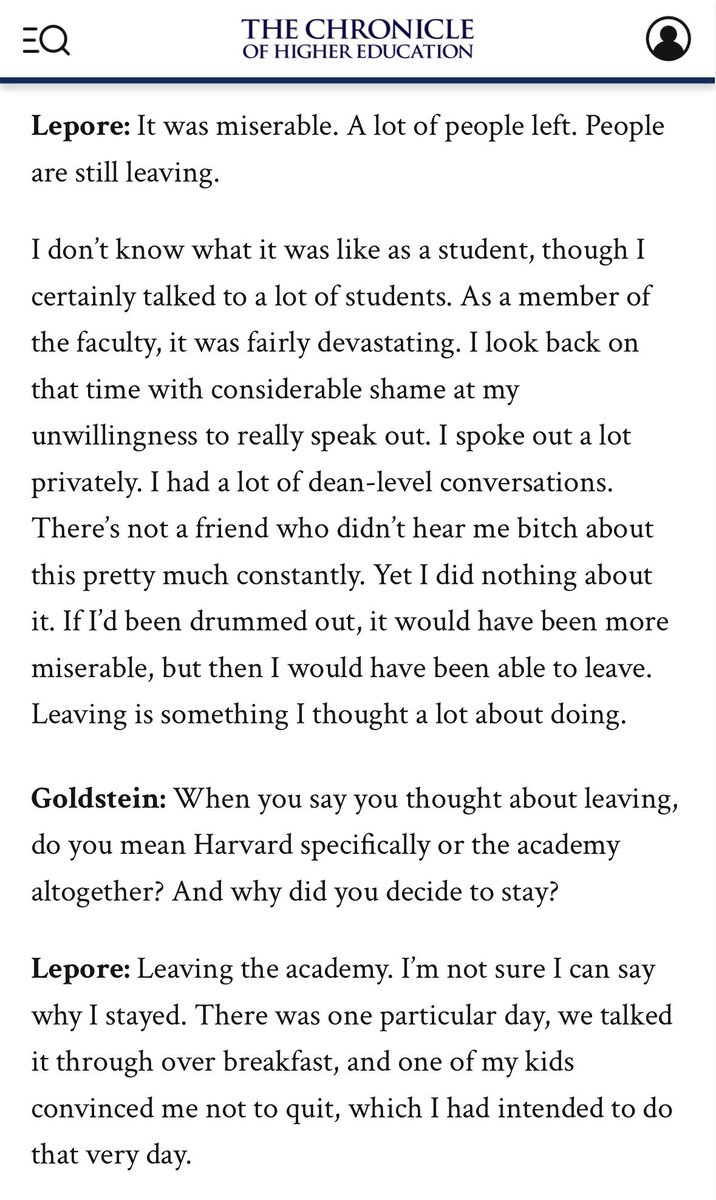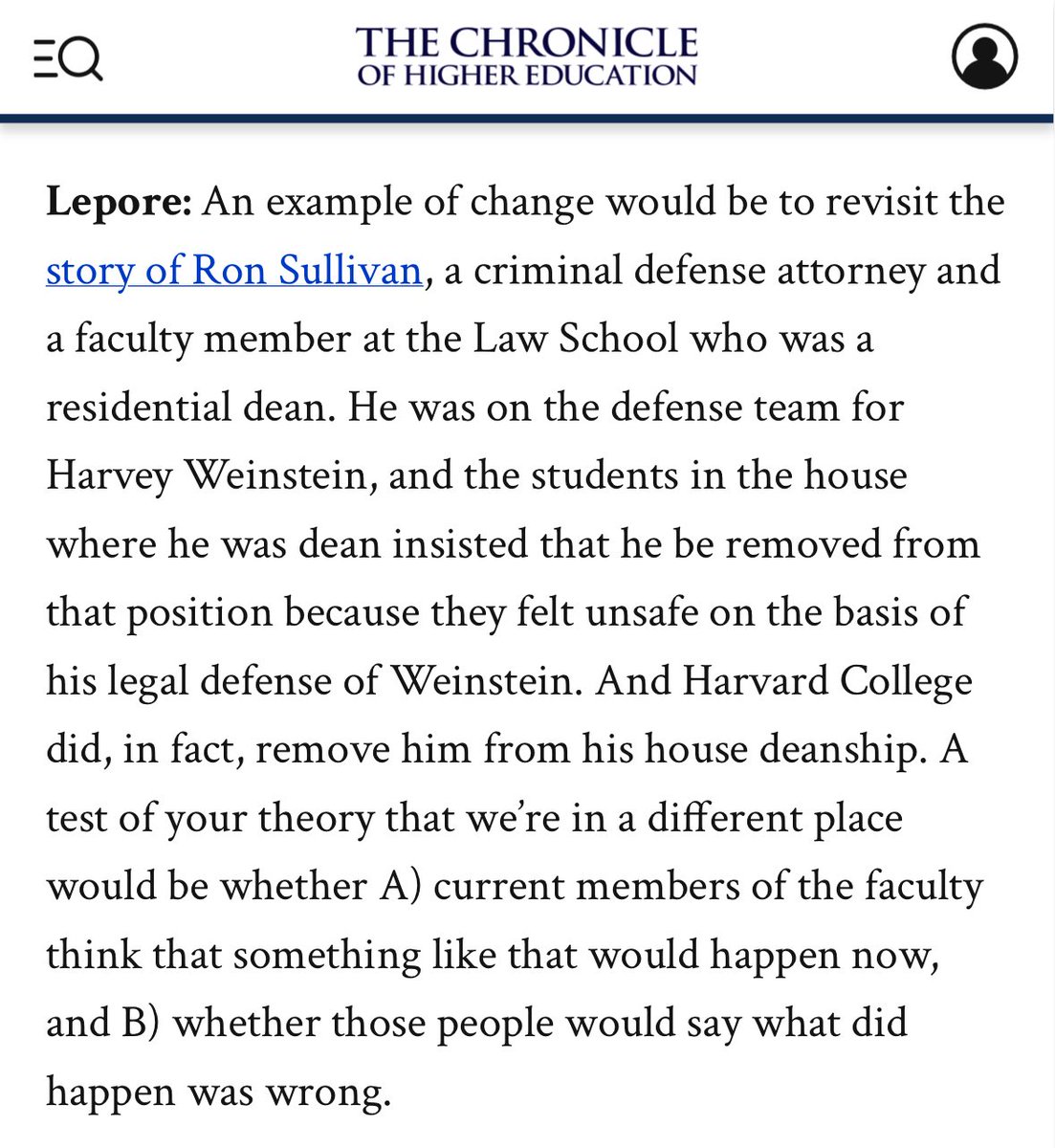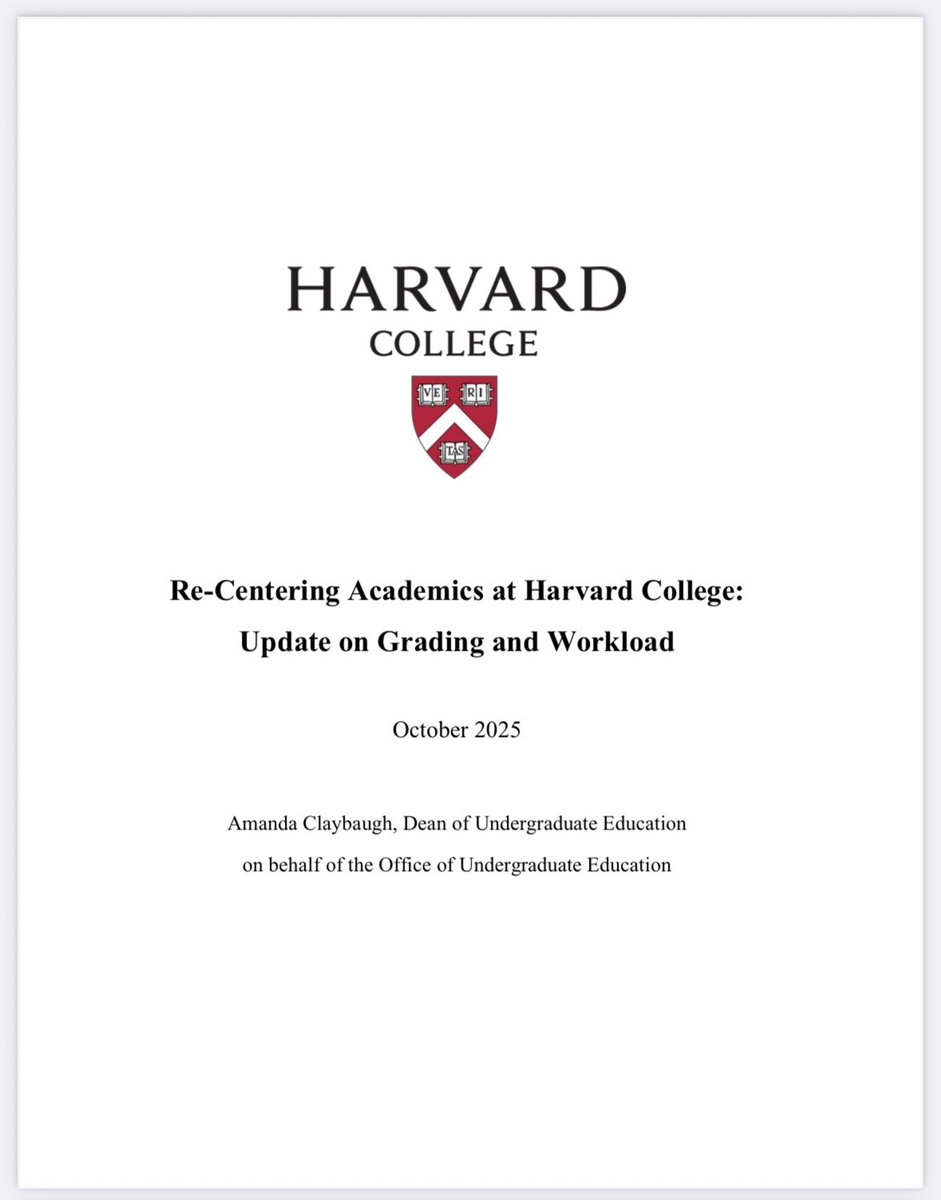NEW: UC San Diego has released a new report documenting a “steep decline in the academic preparedness” of its freshmen.
The number of entering students needing remedial math has exploded from 1/100 to 1/8.
They’ve had to create a second remedial class covering elementary and middle school math skills in addition to the one covering gaps from high school.
🧵
The number of entering students needing remedial math has exploded from 1/100 to 1/8.
They’ve had to create a second remedial class covering elementary and middle school math skills in addition to the one covering gaps from high school.
🧵

“This deterioration coincided with the COVID-19 pandemic and its effects on education, the elimination of standardized testing, grade inflation, and the expansion of admissions from under-resourced high schools.” 

The report focuses on the decline of math skills in particular.
They recently tested a group of their students.
Here are the percentages of students who correctly answered questions at each grade level:
They recently tested a group of their students.
Here are the percentages of students who correctly answered questions at each grade level:

As mentioned, they had to create a second remedial class.
They explain:
“While Math 2 was designed in 2016 to remediate missing high school math knowledge, now most students had knowledge gaps that went back much further, to middle and even elementary school. To address the large number of underprepared students, the Mathematics Department redesigned Math 2 for Fall 2024 to focus entirely on elementary and middle school Common Core math subjects (grades 1-8), and introduced a new course, Math 3B, so as to cover missing high-school common core math subjects (Algebra I, Geometry, Algebra II or Math I, II, III; grades 9-11).”
They explain:
“While Math 2 was designed in 2016 to remediate missing high school math knowledge, now most students had knowledge gaps that went back much further, to middle and even elementary school. To address the large number of underprepared students, the Mathematics Department redesigned Math 2 for Fall 2024 to focus entirely on elementary and middle school Common Core math subjects (grades 1-8), and introduced a new course, Math 3B, so as to cover missing high-school common core math subjects (Algebra I, Geometry, Algebra II or Math I, II, III; grades 9-11).”

This chart documents the increasing number of students placed in remedial math (math 2 and math 3b): 

Another reason is the elimination of standardized test requirements coupled with high school grade inflation: 

As a major cause at UCSD in particular, they point to a significant increase in students admitted from “Local Control Funding Formula (LCFF)” schools, which are “California public schools in which more than 75 percent of the school's total enrollment is composed of students who are identified as either eligible for free or reduced-price meals, or English learners, or foster youth.”

“Table 6 shows that UC San Diego has had more than double the LCFF+ enrollment percentages compared to all other campuses during 2022-2024, except for UC Riverside (which still trails UC San Diego) and UC Merced (which leads UC San Diego by a few percentage points). The first panel of the table shows the entire first-year classes at each campus during 2022-2024, and the second panel shows the subset of first-year classes from California high schools. More than a third of enrolled first-year students at UC San Diego during 2022-2024 were admitted from LCFF+ schools, compared to well under 20% for all other UC campuses except UC Riverside and UC Merced.”

This is a damning report of the state of admissions at UCSD.
The report makes clear that the situation is straining resources and making it difficult for the university to serve its mission and its students:
The report makes clear that the situation is straining resources and making it difficult for the university to serve its mission and its students:

To be clear, this isn’t all UCSD’s fault, and it looks like the faculty have been doing what they can to address the issues but they can’t sustain it.
The math department and the report’s authors deserve a lot of credit for documenting the issues.
Link: senate.ucsd.edu/media/740347/s…
The math department and the report’s authors deserve a lot of credit for documenting the issues.
Link: senate.ucsd.edu/media/740347/s…
@L0m3z But I agree with your point. The number of students coming from the LCFF schools (which is much higher at UCSD) appears to demonstrate it.
• • •
Missing some Tweet in this thread? You can try to
force a refresh

















